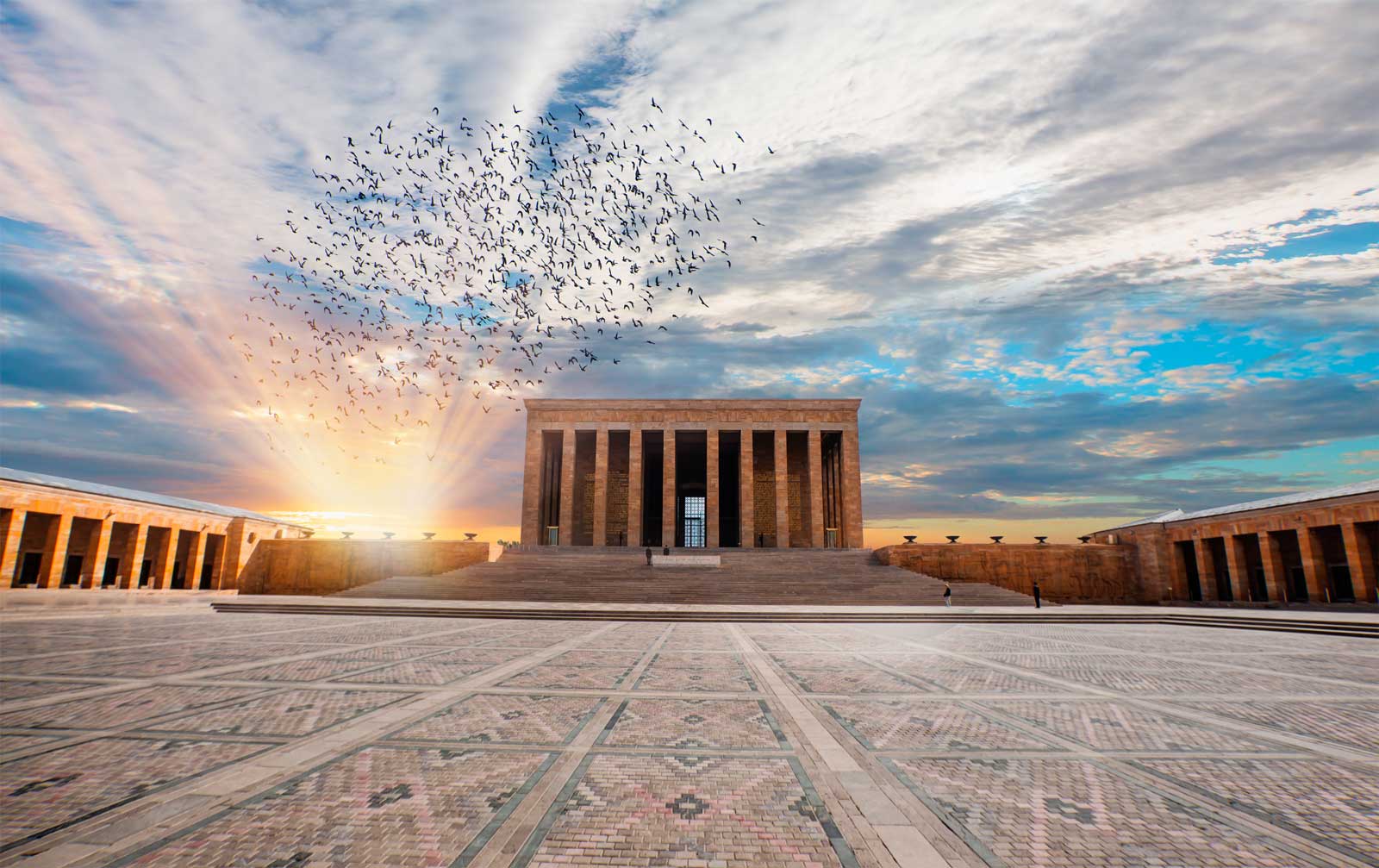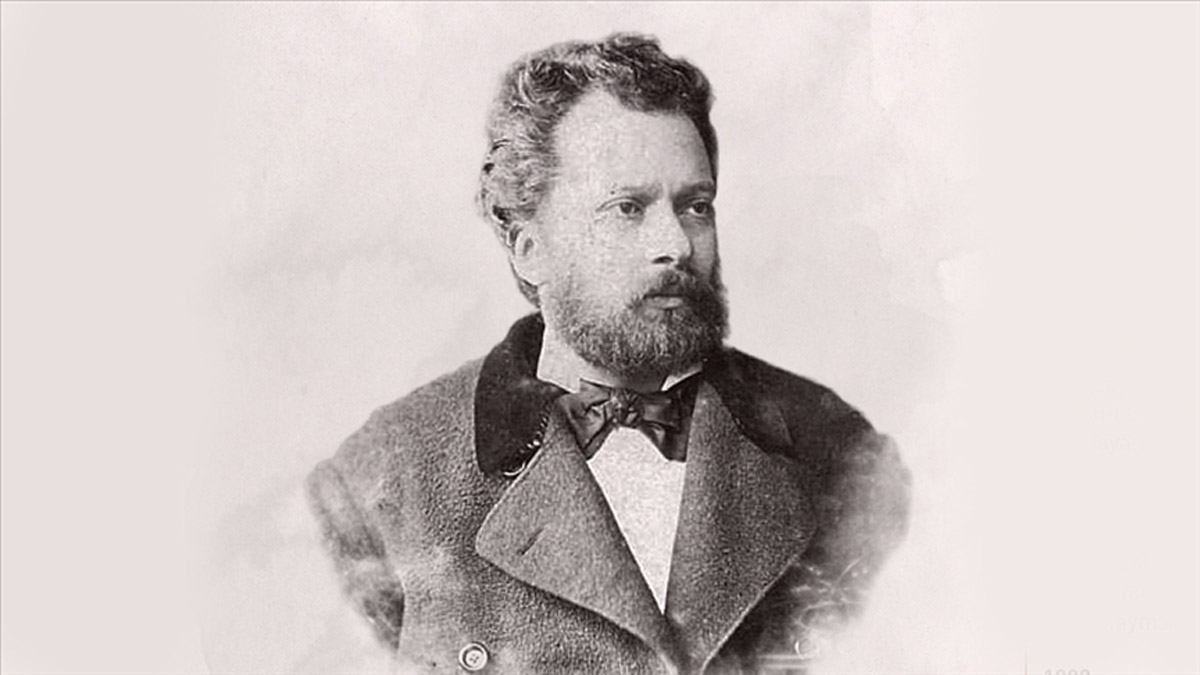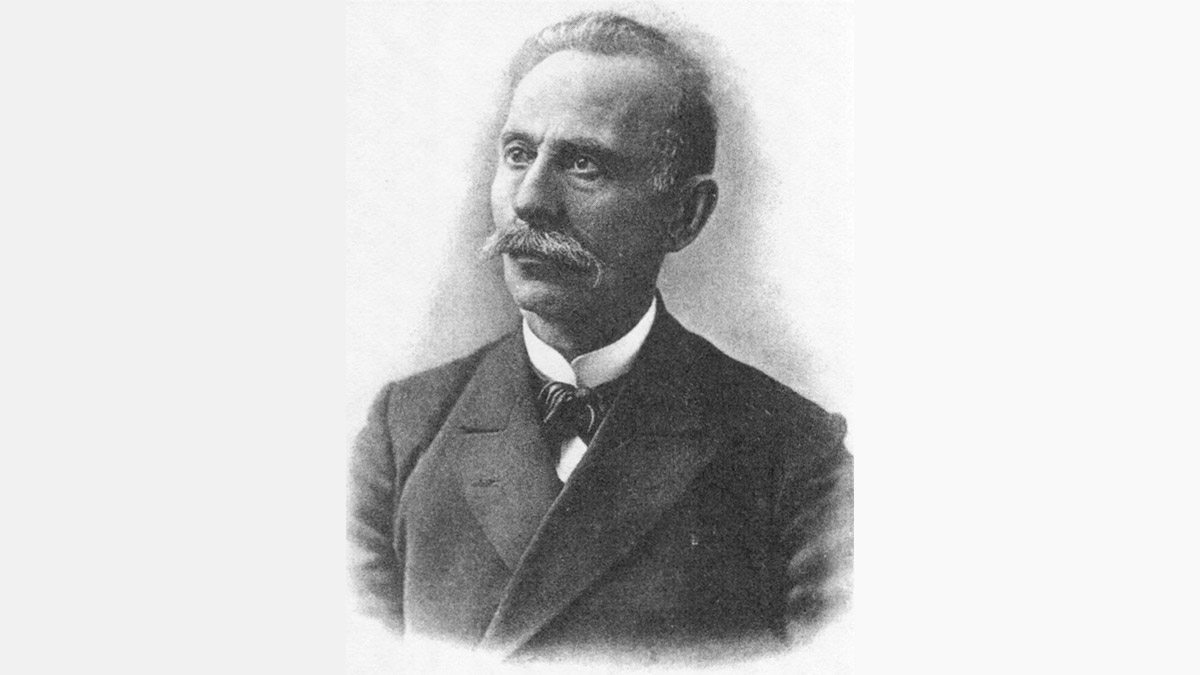Understanding the Historical Vision To Embrace Secular Public!
Jan 13, 2023

“Those wicked people who misled us did often disguise in the religious robe and always deceived our pristine and unspoiled people with words of shariah. … The origin of evils that ruined, captivated, and destroyed the people was the vengeance and malignance under the guise of religion.”(1923)
Mustafa Kemal Atatürk
As a society, we paid a heavy price with the damage caused to the country as a result of the closeness shown to the sects and cults during the 20-year AKP rule, a coup attempt we experienced in the very recent past, the extraordinary decisions taken after it, and the period of prohibitions. Yet, it seems that we continue to atone for it. The fact that a 6-year-old girl was allowed to live together with a 29-year-old man by imam marriage is a huge embarrassment for Türkiye, as far as it is an arduous offense in the society, though, it has been tried to be waved off by certain circles claiming that it was surely a domestic issue.
We should understand and discern how closing the dervish monasteries, zawiyas and tombs in the very first years of the Republic with a law introduced in 1924 was a great vision, thus, we should hold onto the Secular Republic more tightly.
We sometimes have to go back in time and review what happened in past years in order to understand the reasons for social traumas caused by the cults, as we are approaching the 100th anniversary of the establishment of the republic. Did the October 29 Proclamation of the Republic and Turkish Republic Revolutions occur as a result of a top-down and forced coup or even the accidental decisions taken by Mustafa Kemal Atatürk and a dependent group as claimed by a reactionary section today? Or was the State of the Republic of Türkiye a great revolution that emerged after the Ottoman Enlightenment period’s background, which gained more power with the First Constitutional Era (1876), and then, the Second Constitutional Era (1908), which were compulsorily announced by a group of intellectuals for their progressivist-libertarian demands -who witnessed the depletion period of the Ottoman, which ignored and rejected all enlightenment and technological developments of the West (including the invention of press)- thus, preparing its own end, losing a great size of lands, especially after the wars it fought against the European States that gained power in the 19th century?
Two Great Ottoman Intellectuals
I will mention about two great Ottoman intellectuals on the long journey toward the Turkish Republic Revolution: Namık KEMAL and İsmail GASPIRALI.
Namık Kemal is an inestimable Ottoman intellectual who lived between the years of 1840-1888. He was one of the figures that always knew about regarding the social problems from a holistic perspective and saw the deep philosophical relationship between affairs and phenomena. He contributed to the enlightenment of the literate population and especially the people by writing articles in various areas such as the education of society, women’s rights, architectural order of cities and towns, sewage and health problems of the people, education of children, livelihood and production activities of villagers, structure and modernization of army, organization of the bureaucracy and policy of staff education, scientific studies, importance of knowing a foreign language, the close relationship between the economic development and civilization, and the compulsory civil participation to politics.
Namık Kemal was exiled by the Ottoman when he was only 28. He lived in several European cities such as Paris, London, Wien and Geneva, and he analyzed Enlightenment philosophy, as well as the modern political sciences of the day. In 1870, he turned back his homeland as a modern democrat-revolutionist. Namık Kemal, caring about the political liberties he saw and witnessed in Europe, found the real reason for the Ottoman regression and destruction in its socially, politically and culturally improgressive state. Stating that the masses numbed by the religion should be enlightened, Namık Kemal was impressed by the enlightenment philosophy and offered the Social Contract in Turkish: “People are born free and equal.” According to him: “It means the loss of liberty if an individual comes under the domination of another.”
Namık Kemal placed great importance on education and enlightenment, and he emphasized that those who liberalize will become citizens with head held high. He believed that it requires education for every individual, including women, to improve themselves freely. However, these were not in question in the Ottomans and, thus, the state of underdevelopment repeated itself.
Namik Kemal and “Rüya” (The Dream)
Rüya was a revolutionist appeal written for the masses. It was essentially written, “for the masses who moan in wool-gathering, not for the masters of despotism order, namely the government.”
In his work, Namık Kemal talks about the Murad V and Abdülhamid II periods when the following occurred: an arbitrary regime ruled, the parliament was abolished, the advisory council turned into a flattery show, opinions on the parliament and society’s willpower were suppressed with tyranny, freethought was prohibited, even the slightest criticisms were punished with exile and imprisonment, national and international news could not be circulated, newspapers were subject to a tight censorship, even the domestic vacations were subject to permission, poverty was at the highest level, villagers were beaten and impoverished with lots of taxes -especially the tithe-, even a chink of women’s rights and freedom was not seen, madrasah education was taken as basis in education, and the activities of science, philosophy, music, theatre, arts and culture were despised and subject to prosecution.

Namık Kemal addresses to the masses in his “Rüya”:
“Those who are in wool-gathering! Those who got used to poverty! Those who worship to be in captivity! Those cowards who chose to be humiliated! Those who behave viciously! Will open your eyes just in the nick of the great crowd? You keep the chain of captivity on your neck just to hand it over to the owner of hell! You are too cowardly to let everyone talk about you with hatred forever, and for what? For the life you cannot be sure of just a minute ahead! Do you tolerate loads of insults just for showing off your massiveness on the scale of judgment?
When will you be able to wake up? When will you think about your prosperity? When will you know that you have the willpower and right of choice?”
Namık Kemal continues to describe the country in his “Rüya”.
“… I’ve reached that land of civilization then. I saw that everyone is equal in the society. This is not a dream, but the truth. … Even the intellectual equality has been ensured there, since the objective knowledge revealing the secrets of nature is provided for the benefit of everyone equally.
“The commitment of humanity to the natural laws and requirements still continues while the laws regulating relationships among people are not restrictive, but liberating. Equality and liberty become so established that everyone is ‘the ruler of their own realm.’
Separation of powers become an association even from that day.
“The judicial system developed extraordinarily. There is no need to claim one’s rights. The notion of injustice is even removed from the glossaries. Freedom of thought has become so established that a verdict with a certain influence has started to be executed in the actions, thoughts, publications and convention of each individual there.”
There is no doubt that the content of “Rüya” is not limited to these. I thought that: what would have changed regarding the content if Namık Kemal wrote “Rüya” for today’s Türkiye?
As one of the masterminds of First Constitutional Era (1876), Namık Kemal took part in the Constitutional Committee formed by the Mithat Pasha after he turned back from the exile. However, only a little part of his remarks in his work “Rüya” could be included in the Constitution, which was announced with the First Constitutional Era.
When actions were taken in the 1908 Second Constitutional Era to resume reforms disrupted in 1878, the projects and thoughts envisioned by Namık Kemal in the past would be brought to the agenda again.
The philosophical and political views of Namık Kemal played a designative role in the enlightenment and formation of not only his own generation but also of Atatürk’s and even a couple of other generations. Intellectual freedom, the implementation of lay education radically, freedom of religion and conscience as well as the right to equality among citizens were the practices that could only be achieved through the Turkish Republic Revolutions under the leadership of Mustafa Kemal Atatürk.
İsmail Gaspiralı
Born in 1851 in Crimea, İsmail Gaspıralı’s childhood went on by reading the works of Russian populists and socialists. He was also exiled by the Ottoman like the intellectuals of the time. He visited several European countries at a young age and learned the Enlightenment philosophy; he put effort both for the Turkish nations to be freed of the political-cultural underdevelopment they were exposed to and the Ottoman to be saved from being a toy in the hands of European states. He worked for the establishment of an independent Türkiye until the last moment of his life (1914). He is mentioned as: “A man with a cause died in the pursuit of his deeds.”
İsmail Gaspıralı offered a new education model for Muslim societies to enlighten the people: he developed a populist-democratic educational approach. He put the education style -which was a mixture of theory and practice- in the schools he established, and he dropped a bundle on that end. In some ways, İsmail Gaspıralı was seen as the father of a new educational approach to Turkish geography.

Fight for The Freedom of Women
İsmail Gaspıralı attached so much importance to the enlightenment and freedom of women that he compared the civilization level of societies according to the social development level of women. According to him, the most apparent indication of underdevelopment was the freedom case of women, which was an important part of Muslims’ liberation from ignorance and slavery. In the journal he published, titled “Kadınlar Dünyası,” he repeatedly emphasized the equality of women and men, as well as the importance of equality among people for development.
The Ottoman was “the sick man” in the Bosphorus during the 19th century. The people were drowned in poverty; there was scarcely any production in the country as the Ottoman Empire did not have any technology; and the people were deprived of anything and in need. There was sewage running in the midst of irregular cities; no vehicles were found while railway was almost nonexisting. Transportation was provided through tumble carts, while the interurban roads were ruinous and uncanny.
It was forbidden for women to go out in the Ottoman period; women who were not accompanied by men were punished with beating by the vice squad or religionist men. According to İsmail Gaspıralı, the difference between girls-boys was unacceptable.
Children dropped like ninepins due to malaria and measles for generations. Gaspıralı thought that each citizen should be educated step by step. The religious nomism referred to underdevelopment. He continuously talked about the poverty to which the Ottoman people with quite a low literacy rate were exposed.
The intentions of İsmail Gaspıralı, such as removing the inequality of women and men, educating and liberalizing women, and the education system in which he combined reform and theory in religion with practice, would again and only be carried out through the Turkish Republic Revolutions of Mustafa Kemal Atatürk, rights given to Turkish women, secularism, and establishment of Village Institutes.
Republic Means Modernization
The Enlightenment movement, which started in the Ottoman Empire in the 19th century, continued with Ziya Pasha and Namık Kemal, İsmail Gaspıralı and Ali Suavi, it fed upon and grew through the studies of Tevfik Fikret, Hüseyin Cahit Yalçın, Kılıçzade Hakkı and Abdullah Cevdet. Lastly, it reached the climax with Yakup Kadri Karaosmanoğlu’s famous novel “Ankara” during the Republic period. The author describes in detail the child abuse in madrasahs in the Ottoman Period in another novel of his as well.
In our 150-year revolution history, there was an enlightenment and maturing period led by the knowledge-idea evolution based on a deep libertarian notion. This movement, which started with Mithat Pasha and Namık Kemal, made its first move in the Ottoman in 1876 with the First Constitutional Era, then it was acted upon with the populist-revolutionist Young Turks movement in 1908. Thereafter, it turned into a great modernization move with the proclamation of the Republic upon War of Independence led by Mustafa Kemal Atatürk.
Therefore, it should be known that the Republic of Türkiye is the greatest civilization project of the Islam communities’ history, carried out by Mustafa Kemal Atatürk. It was entrusted to us as the greatest social revolution of the 20th century.
…
Resource: Türk Ütopyaları
Get more of Elevator World. Sign up for our free e-newsletter.









